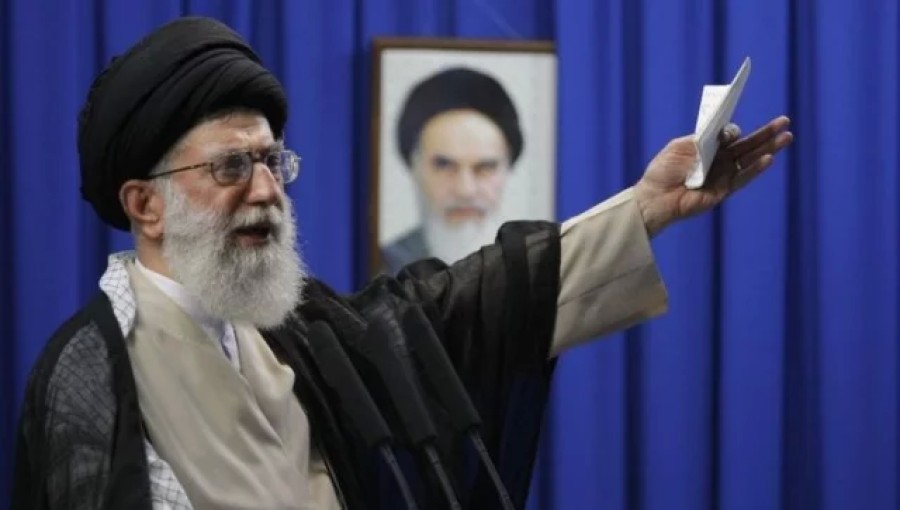Tehran, August 15 – Iran's Supreme Leader, Ayatollah Ali Khamenei, has issued a stern warning against any attempts at reconciliation or retreat in the ongoing conflict with Israel. His statement comes in the wake of heightened tensions following the assassination of Hamas leader Ismail Haniyeh in Tehran last month.
Khamenei, speaking publicly on the matter, emphasized that any step back from Israel or attempt at reconciliation would result in severe divine punishment. He accused Israel of engaging in psychological warfare to pressure Iran into reconsidering its retaliation plans and warned that any form of retreat—whether military, political, or economic—would invite God's wrath.
The 86-year-old leader criticized the tendency to overestimate the strength of adversaries, citing historical examples of attempts by the U.S., Britain, and Israel to weaken Iran since the 1979 Islamic Revolution. He urged governments to recognize the power of their people and properly assess the capabilities of their opponents to free themselves from oppression.
Despite the strong rhetoric, Iran has not yet retaliated for Haniyeh's killing, which some analysts interpret as a strategic pause. Iranian officials, however, have dismissed Western calls for restraint, with Tehran's Foreign Ministry criticizing the West for what it perceives as a double standard, particularly regarding Israel's actions in Gaza.
Iran's newly appointed President, Masoud Pezeshkian, has aligned himself with Khamenei's hardline stance, though reports suggest he may have privately expressed concern about potential excesses. The president's office has not commented on these reports.
In response, Israel has made it clear that any direct aggression from Tehran will be met with a robust counterattack. Israeli officials have warned their U.S. and European counterparts that Iran might launch a retaliatory strike at any moment, prompting the West to urge Iran to exercise caution and consider negotiations for a settlement.





























Comment: